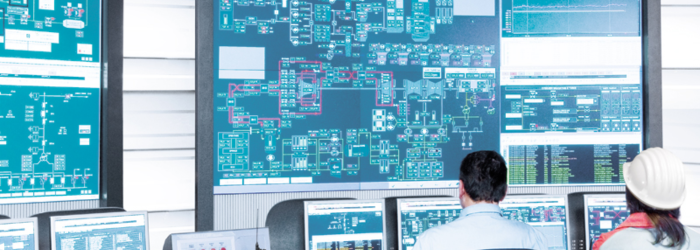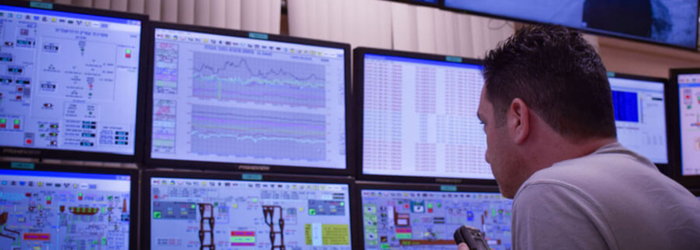Supervisory Control and Data Acquisition (SCADA) systems have emerged as the backbone of critical infrastructure, ensuring the seamless operation and monitoring of essential services that society relies on. This blog delves into the indispensable role of SCADA in safeguarding critical infrastructure, ranging from energy and water supply to transportation and beyond.
1. Introduction to Critical Infrastructure:
Critical infrastructure encompasses sectors vital for the functioning of society, including energy, water, transportation, and communication. Disruptions in these areas can have far-reaching consequences, making the protection of critical infrastructure a top priority.
2. The Role of SCADA in Critical Infrastructure:
SCADA systems are instrumental in managing and controlling the complex processes within critical infrastructure. They provide real-time monitoring, data acquisition, and control functionalities, ensuring the efficient and secure operation of essential services.
3. Key Sectors Enhanced by SCADA:
- Energy Grids: SCADA oversees power generation, transmission, and distribution, optimizing the reliability and stability of energy grids.
- Water and Wastewater Management: Monitoring and controlling water treatment plants, pipelines, and distribution networks to ensure a steady and safe water supply.
- Transportation Systems: SCADA systems enhance traffic management, railway operations, and air traffic control, contributing to the safety and efficiency of transportation networks.
- Communication Networks: Monitoring and managing communication infrastructure to ensure uninterrupted connectivity.
4. Real-Time Monitoring and Control:
SCADA enables real-time monitoring of critical infrastructure, allowing operators to assess performance, detect anomalies, and respond swiftly to emergencies. This capability is vital for maintaining the continuity of essential services.
5. Early Detection of Issues:
SCADA systems facilitate the early detection of equipment malfunctions, leaks, or other abnormalities. Timely identification allows for proactive measures to prevent disruptions and mitigate potential risks.
6. Security Measures in SCADA for Critical Infrastructure:
- Access Control: Restricting access to SCADA systems ensures that only authorized personnel can make changes or access sensitive data.
- Encryption: Implementing encryption protocols safeguards data integrity and confidentiality during transmission.
- Cybersecurity Protocols: Regularly updating and patching systems to address vulnerabilities and protect against cyber threats.
7. Emergency Response and Incident Management:
SCADA systems contribute to effective emergency response by providing real-time data on critical infrastructure conditions. This aids in decision-making during incidents such as natural disasters or system failures.
8. Resilience and Redundancy:
Building resilience into SCADA systems involves incorporating redundancy and failover mechanisms. This ensures continuous operation even in the face of equipment failures or unexpected events.
9. Challenges and Considerations:
- Cybersecurity Threats: The increasing sophistication of cyber threats poses challenges to the security of SCADA systems in critical infrastructure.
- Legacy Systems: Many critical infrastructure facilities still operate on legacy SCADA systems, necessitating careful upgrades to modernize without disrupting operations.
10. Future Trends in SCADA for Critical Infrastructure:
- Integration with Artificial Intelligence (AI): Incorporating AI for predictive analytics and anomaly detection.
- Blockchain Technology: Enhancing the security and integrity of data through blockchain-based solutions.
- Edge Computing: Processing data closer to the source for faster decision-making.
Conclusion:
SCADA’s role in safeguarding critical infrastructure is indispensable, ensuring the reliable and secure operation of essential services. As society becomes more interconnected, the evolution of SCADA systems continues to be paramount in adapting to emerging challenges and technological advancements. By prioritizing the security, resilience, and modernization of SCADA systems, critical infrastructure stakeholders can uphold the integrity of services that form the foundation of our daily lives.





